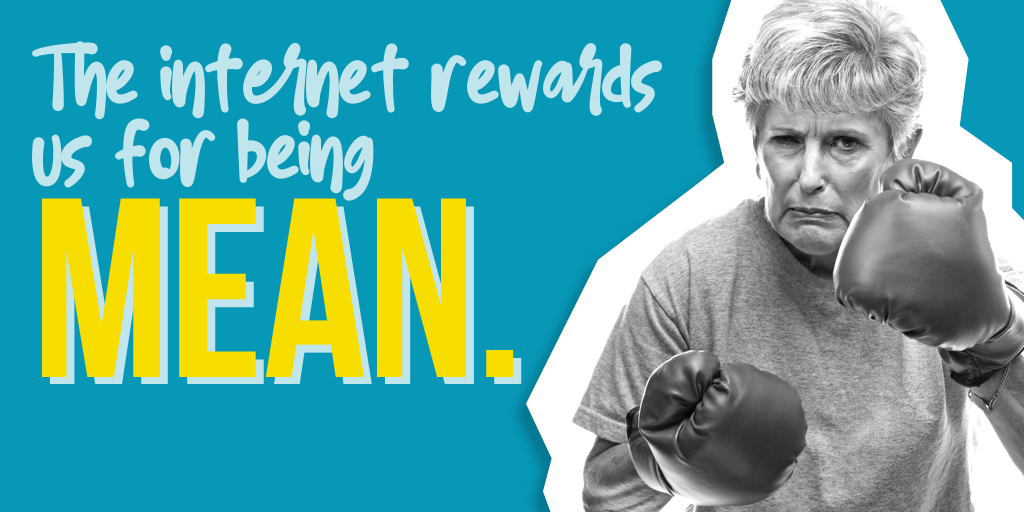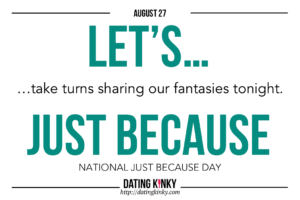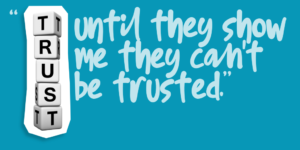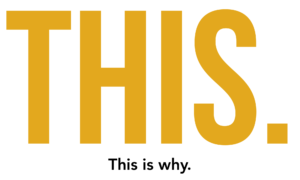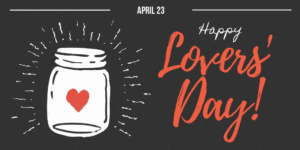We are mean, judgmental, accusatory, and shitty to other humans, even when we don’t mean to be.
Part of it is (I think) a sort of cultural stress and frustration and mounting tension over the world in general, and it’s been growing for a while.
Part of it is social media.
A new study shows how online social networks are encouraging us through likes, shares, and engagements to express more moral outrage over time. (1)
Basically, when we post something extreme or controversial, we get more engagement, which in turn encourages us to post more like that.
Also social media’s nature is that short and pithy, punchy and memorable get more attention as we scroll through literally hundreds of posts on our feeds.
Today, I ran across this on my FB feed, and it’s a perfect example:
“Most men who are running away from a great woman are running away from parts of themselves they are not willing to fix to deserve her.” —Word Porn
This is such a devastating comment that to many will seem pretty innocuous. It will even ring true.
But it’s a perfect example of how we are casually shitty to people without even realizing the extent of what we are loving, commenting on and internalizing. I’m going to break this down.
Most men who are running away
Men. First, this is pointing the finger at one specific gender who are doing the cowardly thing (as we’ve been socialized to believe) of running away.
from a great woman
And now we have women cast as the superior. She is great. He is running away from her. She has frightened him, is too much for him. He cannot handle her and is weak because she is great.
are running away from parts of themselves they are not willing to fix
Reinforcement of the men being weak, lowly. Even willfully ignorant and banal. Unwilling to do the work. Broken. Possibly even evil, since this implies that he knows he is all of these things, and chooses to run instead of stand and fight for himself, for her.
to deserve her.
Another point to the women in this quote. She needs to be deserved. He needs to do the deserving, which he cannot do, because he is flawed, broken. So, he runs.
HOLY FUDGEBUCKETS! This is awful.
And not because it’s aimed at men.
Because it’s aimed at ANYONE.
Let’s turn this around:
Most women who are running away from a great man are running away from parts of themselves they are not willing to fix to deserve him.
How’s that hit you? Feel good?
It shouldn’t. That should feel gross and oily and like a knot in your stomach.
Because it’s assuming that one gender is at fault BECAUSE OF THEIR GENDER. She is great, he is broken (or vice-versa in my version).
And not only that, it assumes WHY they are at fault. She deserves __, and he won’t fix himself.
What about the women who run away from great men? Or the men who run away from great men? Or the non-binary folk who run away from great trans people? Or…?
And what if they are running away because while that person may seem great on the surface and has bought more than their fair share of rounds at the bar, or has been a paragon of seeming-virtue on social media, they are actually horrible in relationships, and toxic AF?
Or maybe they are not running at all. Maybe they set a boundary, and their partner is painting that to all who will hear that they are “pushing them away,” or “afraid of commitment.”
And I KNOW that you know all these things. Because you are the type of person who has gotten this far in this writing, and you’re still here.
You know these things.
And me pointing them out is stating the obvious.
Except that socialization works in sneaky ways. How many of you (be honest with yourself) would have accepted that quote when you saw it, and not given it a second thought? How many would have lived it, even loved it, and even commented, “TRUTH”?
You don’t have to tell me.
I would have at some point not too long ago. And I would have ALSO known that it was not always right, in fact, that it was not even usually right, but I would not have thought about it, unless it was pointed out. And it would have been one more example of broken men running away from great women.
Guess where I cast myself mentally as I read it?
Yep.
And depending on your gender, I can guess where you’d cast yourself, too, for most of you.
WHAT IF…?
Over the past decade, I’ve grown A LOT as a human.
Partly because I very much wanted to grow as a human. Partly because I started writing online, and readers just like you made me grow with your brilliant thoughts and responses and most of all…
QUESTIONS.
What if, instead of telling people how people are, we asked more questions?
I’ve started doing that recently, and I feel like I’ve grown SO MUCH MORE as a result. I learn from a variety of experiences. I give people the chance—no, more than a chance, the invitation—to speak up and share their perspective.
What if we saw something like this, and we used it to start a dialog?
What if, instead of:
“Most men who are running away from a great woman are running away from parts of themselves they are not willing to fix to deserve her.” —Word Porn
We asked:
Have you ever left or lost a relationship because you weren’t ready to make the changes that relationship needed?
This does not gender anyone. It does not create ‘broken’ and ‘great’ people. It does not make the person a villain or a hero. It touches on the human experience, and allows us to share and learn from each other, and maybe focus a bit more on what we have in common as flawed, fucked up, wonderful humans.
Then again, it’s not outrage. It’s not moral superiority. And it’s probably not going to be as rewarded by social sites.
But, we get more of what we pay attention to, don’t we?
What are your thoughts?
Have you noticed this trend of the internet rewarding meanness and divisiveness? How do you feel about it? What can we do about it, if anything? Do you think we should do anything about it?
(1 source: https://advances.sciencemag.org/content/7/33/eabe5641)


